When someone mentions living “off the grid,” what do you picture? Most people see a remote location with a small, ultra-efficient house and no one else around for miles. For many years, this was exactly how off-grid home solar systems were used: as a way to generate power for those who lived in an area where no power lines existed.
As the world’s population grows, however, it’s increasingly hard to find a place to live where power lines haven’t already been installed. Additionally, there are millions of people living in cities around the world that want to experiment with off-grid living without moving out of the urban areas they know and love.
Luckily, it is still possible to generate your own electricity whether you live in the middle of town or the middle of nowhere. To decide which is better for you, it’s essential to know the difference between off-grid and grid-tied home solar systems. Each has its own benefits and challenges, but both will help reduce your energy costs and improve the environment.
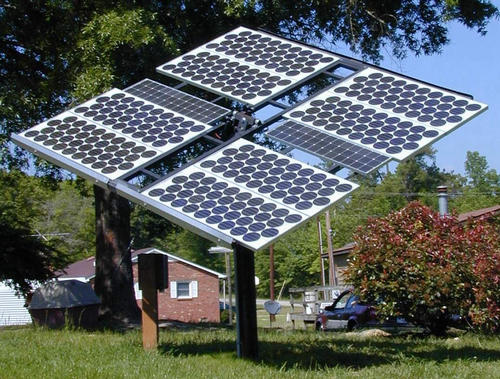
In either case, though, there are several important things to note regarding solar power today:
- The cost of solar panels has dropped insanely fast in recent years.
- Solar panel prices are now often cost-competitive with other electricity generation options.
- Solar panels have become very efficient at turning light into electricity and the savings are thus greater than the cost for many people over the course of a few years or several years.
- In the end, solar panels are a great way to reduce your electricity bill, whether via a grid-tied system or an off-grid system.
- The advantages of solar energy are much broader than that, so don’t just think about direct costs.
Now, on to off-grid and grid-tied home solar systems:
Off-Grid Home Solar Systems
Off-grid solar systems means that you are 100 percent reliant on the power generated by your own solar panels.
- Advantages of an off-grid solar include lack of electricity bills, freedom from rate hikes, and the knowledge that you’ll be able to enjoy power in most emergency situations.
- Disadvantages of an off-grid solar system include the need for large battery storage banks, a lack of power if there’s no sun for more than a few days, and no emergency power if inclement weather were to damage or destroy your system. Energy storage products range a great deal in price, design, etc., but the Tesla Powerwall has risen to the top of the market in terms of attention and seemingly price. Though, you should definitely explore the home battery market extensively before making a conclusion regarding cost and purchasing a product.
Grid-Tied Home Solar Systems
A grid-tied home solar system means that solar power is your default power source, but the home is still connected to a municipal power supply.
- Advantages of a grid-tied solar system include the flexibility that comes from having a secure source of backup power. Excess power generated by home solar system can be fed back into the grid, and net metering can actually turn your meter backwards, earning you profit from the power company. If, during an emergency or inclement weather, you need to draw on grid-based electricity, the cost is lowered as a result or may even be free.
- The main disadvantage of a grid-tied system is the need to live close to power transmission lines.
Does your home run on solar power? Tell us why you chose an off-grid or grid-tied system in the comments!
About the author: Lorna Li is Editor in Chief of Green Marketing TV and Entrepreneurs For a Change, where she enjoys writing about green business and marketing.
Image Credit: Flickr — Living Off Grid





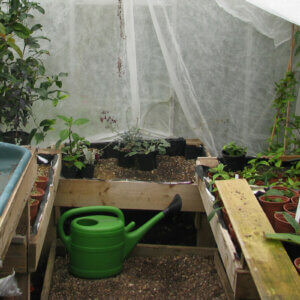





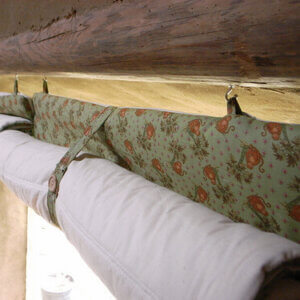





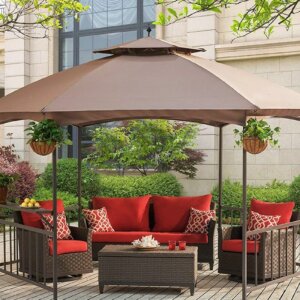


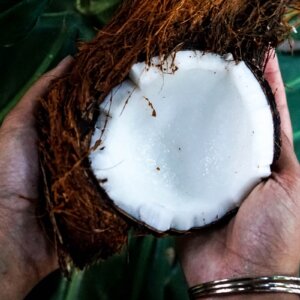



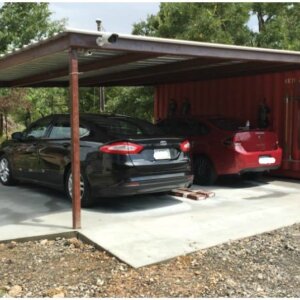


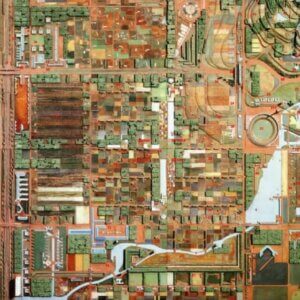




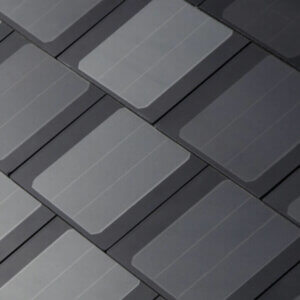








It seems very shortsighted this artical becouse:
A good off-grid system is big enough so a few days without enough sun wouldn’t be a problem and also “no backup” if you just also buy a backup generator on lets say biodiesel your cool. And “if the heater distroys your system” this might just as well happen to the normal system in your house or the cable that comes in your house.
So their ar more sollutions than problems.